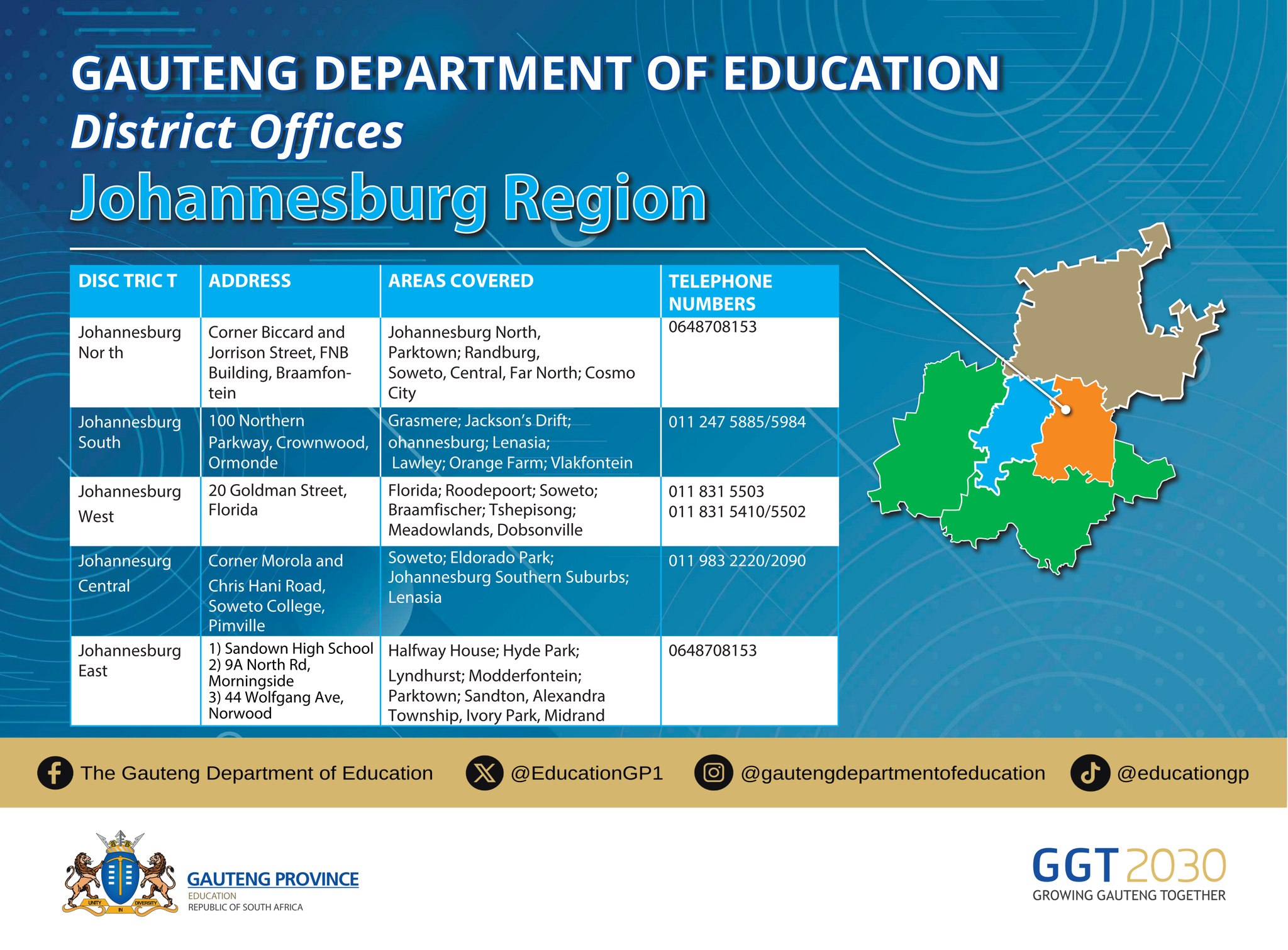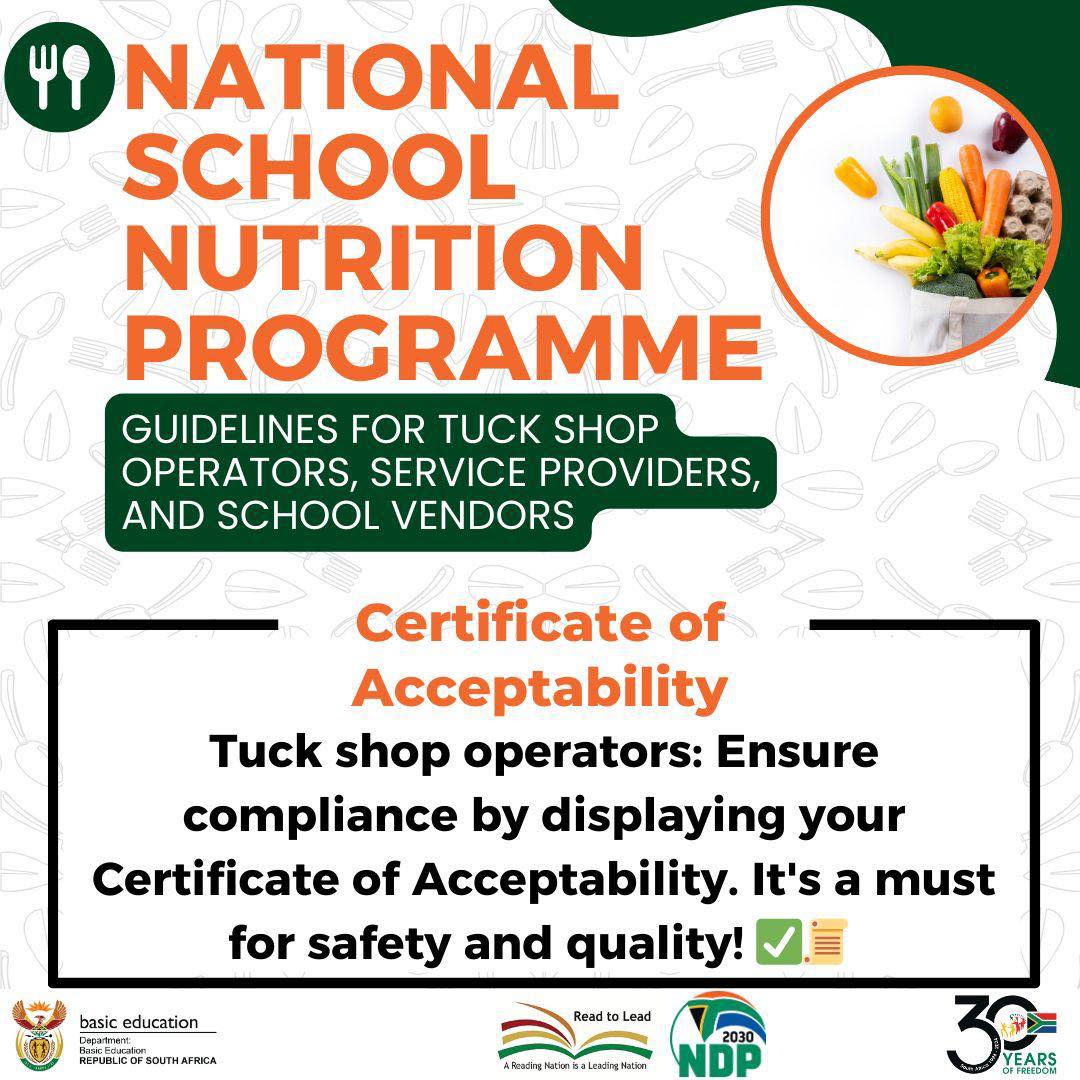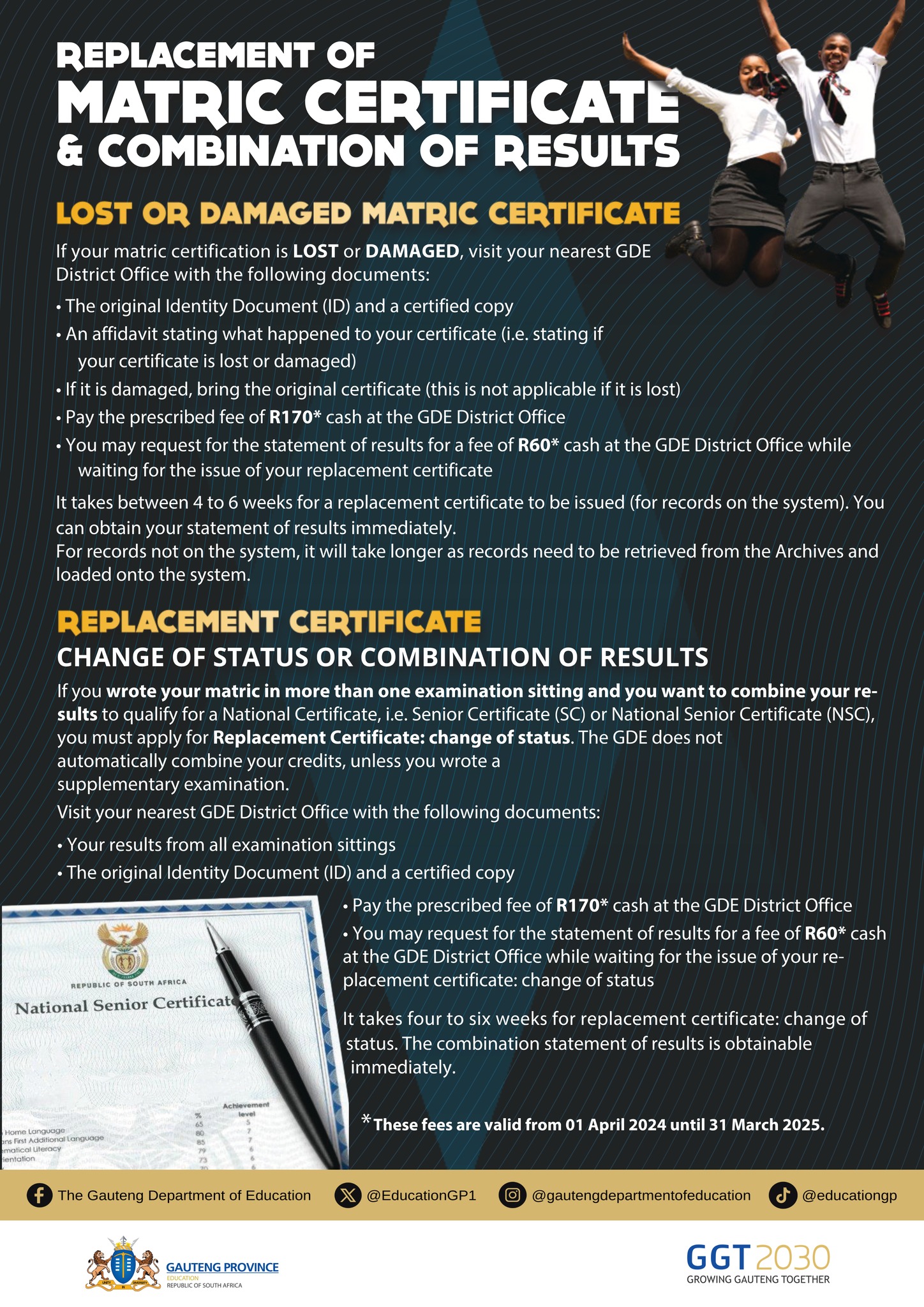Children and Divorce!
The Office of the Family Advocate forms an integral part of the divorce law landscape where there are minor children involved in a divorce action.
The family advocate’s role is to promote and protect the best interests of the children. This is done through an enquiry, which is held when there is a dispute between parents regarding the issues of care and contact (previously called custody and access) of their minor children.
The family advocate required to remain objective and neutral, during the enquiry process, which is conducted in an informal, non-intimidatory environment. This means it’s not set up to resemble a court room in any way as it’s supposed to encourage the warring parties, including the children, to speak openly. Hardly surprising then, lawyers are discouraged from attending these enquiries and in my opinion, rightly so. At the enquiry, the couple are interviewed and questioned about their personal details. The children are also interviewed. This prevents the children from having to appear in court.
A counsellor, such a social worker and or a psychologist, often assists the family advocate during the enquiry. A report is then sent to the court, where the family advocate will make a recommendation as to which parent is more suited to offer primary residency, what rights of contact should be offered to the non-custodial parent, or perhaps whether joint custody of the children is recommended.
The best interests of the child (and not just the wishes of the parent) must always be considered. The family advocate is not allowed to act for either of the parties and cannot give evidence as a witness. If a litigant is not satisfied with the recommendations of the family advocate, he or she could approach an independent child expert to interview the children and can then challenge the recommendations. Of course these findings would need to stand up to scrutiny by the court, which ultimately has the final say on the matter of what is in the children’s best interests.
Some of the issues which the family advocate can also decide on include guardianship, drug addiction or alcohol abuse by a parent, the rights of contact of an unmarried father and formulating a parenting plan (which is a document that records the rights and responsibilities of both parents towards their children).
Know Your Rights!!










